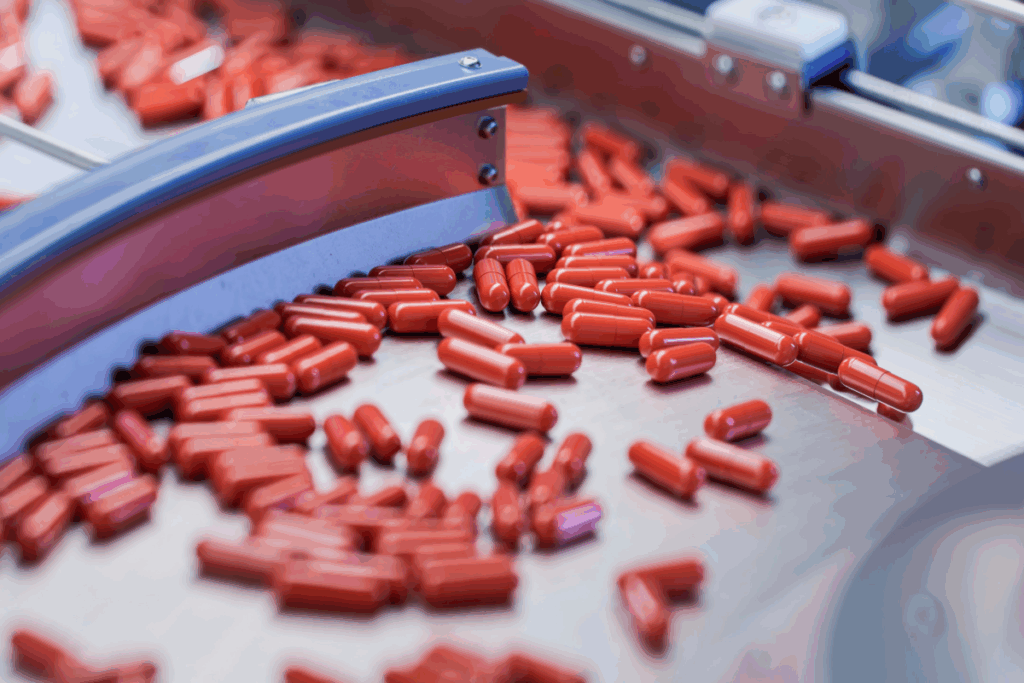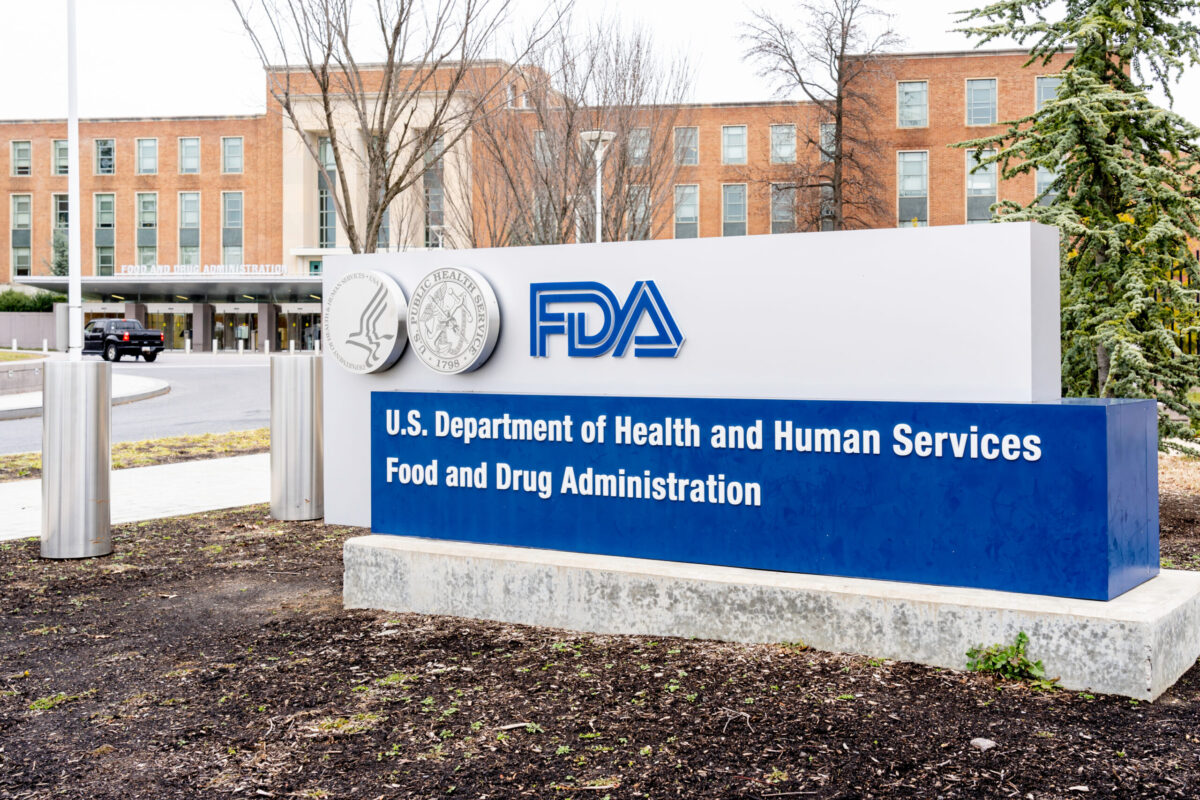The FDA has launched FDA PreCheck, a new initiative aimed at speeding up the construction and expansion of US drug manufacturing facilities.
Simply put, the goal is to reduce reliance on foreign-made drugs and ingredients and strengthen the domestic supply chain.
Today, more than half of all medicines used in the US are produced overseas, and only 11% of facilities making active pharmaceutical ingredients (APIs) are located domestically. This dependence has raised long-standing concerns about shortages and national security risks in the event of global disruptions.
Data from the US Department of Health and Human Services (HHS) show the scope of the issue: between 2018 and 2023, nearly 2,000 prescription drug products entered shortage, with injectables accounting for half of all cases and lasting a median of 4.6 years. As of 2024, just 24% of API manufacturing facilities supplying the US market were domestic.
In addition, a 2025 Brookings Institution analysis of 2024 supply data estimated that about one-quarter of the drug volume sold in the US relies on APIs made in China. Many of these filings indicate production capability rather than active US supply, pointing to gaps in manufacturing transparency that FDA PreCheck aims to address.
FDA Commissioner Dr. Marty Makary called the initiative a key step toward ensuring a more resilient US drug supply. It follows Executive Order 14293, which directs the FDA to streamline regulatory processes for domestic manufacturers and improve review predictability.
The announcement also comes amid a wave of private sector investments in US drug manufacturing. In September 2025, Eli Lilly unveiled plans for a $6.5 billion API ingredient facility in Texas. This is one of several new domestic sites designed to expand small molecule production and strengthen the nation’s pharmaceutical supply chain.
Related: Trump Sets 100% Tariffs on Branded Drug Imports for Oct. 1, Unless Firms Are Building in the US
FDA’s Two-Phase System for Earlier Engagement
FDA PreCheck introduces a two-phase system that lets companies engage with the agency earlier in the manufacturing process.
In the Facility Readiness Phase, drugmakers can share plant designs and quality system details while still building or retrofitting facilities. This allows the FDA to flag compliance issues early rather than after construction.
As part of this phase, manufacturers can submit a Type V Drug Master File (DMF), a technical document describing site layout, operations and quality systems. This file acts as a living document, updated as needed and referenced in later drug applications to streamline reviews.
The Application Submission Phase begins when a company prepares its product for approval. Here, the FDA and the manufacturer meet to discuss the Chemistry, Manufacturing and Controls (CMC) portion of the application. This early coordination helps align expectations and may reduce back-and-forth during review.
PreCheck won’t bypass safety or quality requirements but aims to make regulatory timelines more predictable by front-loading many inspection and quality discussions.
The FDA plans to refine the framework based on feedback from manufacturers and policy stakeholders as implementation moves forward.
A New Pilot to Incentivize US-Made Generics
Alongside PreCheck, the FDA introduced a pilot prioritization program for generic drugmakers.
Under this pilot, abbreviated new drug applications (ANDAs) can receive priority review if their products are made and tested entirely in the US. Bioequivalence testing, which shows that a generic drug performs the same as its brand-name counterpart, must occur domestically, and the API must come from a US-based supplier.
According to Dr. George Tidmarsh, director of the FDA’s Center for Drug Evaluation and Research (CDER), the goal is to reward companies investing in US manufacturing while reducing the time and cost of overseas inspections.
What FDA PreCheck Could Mean for the Industry and Patients
The FDA PreCheck program and generic drug pilot could affect a wide range of stakeholders. This includes pharma companies and contract manufacturers to testing and ingredient suppliers.
For manufacturers, early FDA engagement could bring clearer guidance and fewer last-minute compliance issues, keeping projects on schedule. For patients and providers, a stronger domestic base could improve drug availability and lessen the impact of future shortages.
Still, success will depend on industry participation and whether the FDA can dedicate staff to sustain early reviews. Because both programs are voluntary, their true impact will become clear only as companies decide to participate.
If you want your company to be featured on Xtalks.com, please email [email protected].












Join or login to leave a comment
JOIN LOGIN